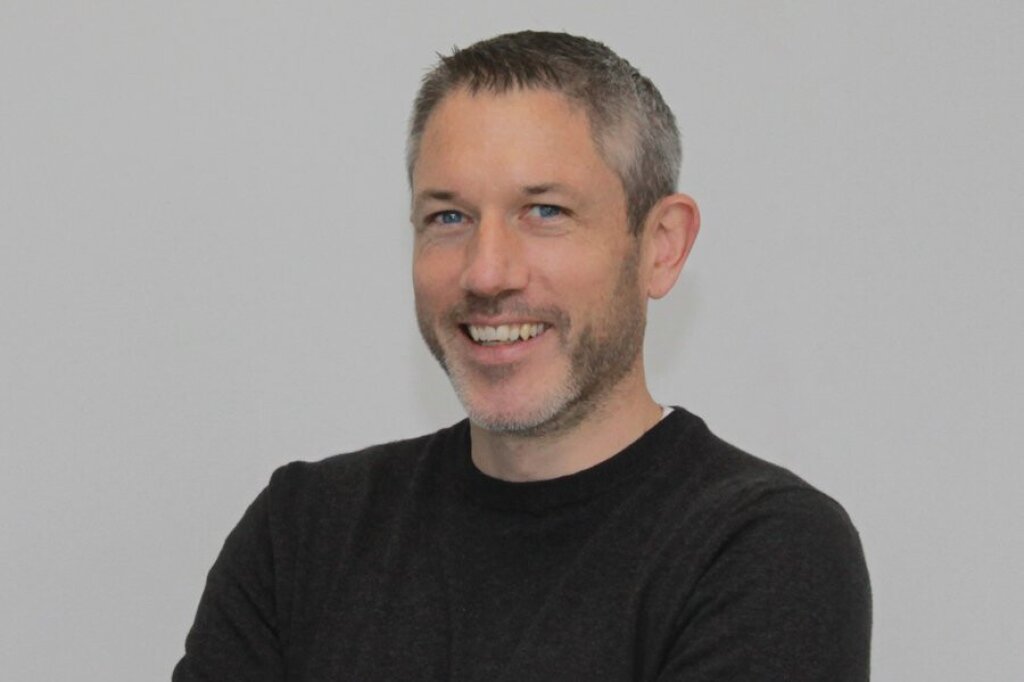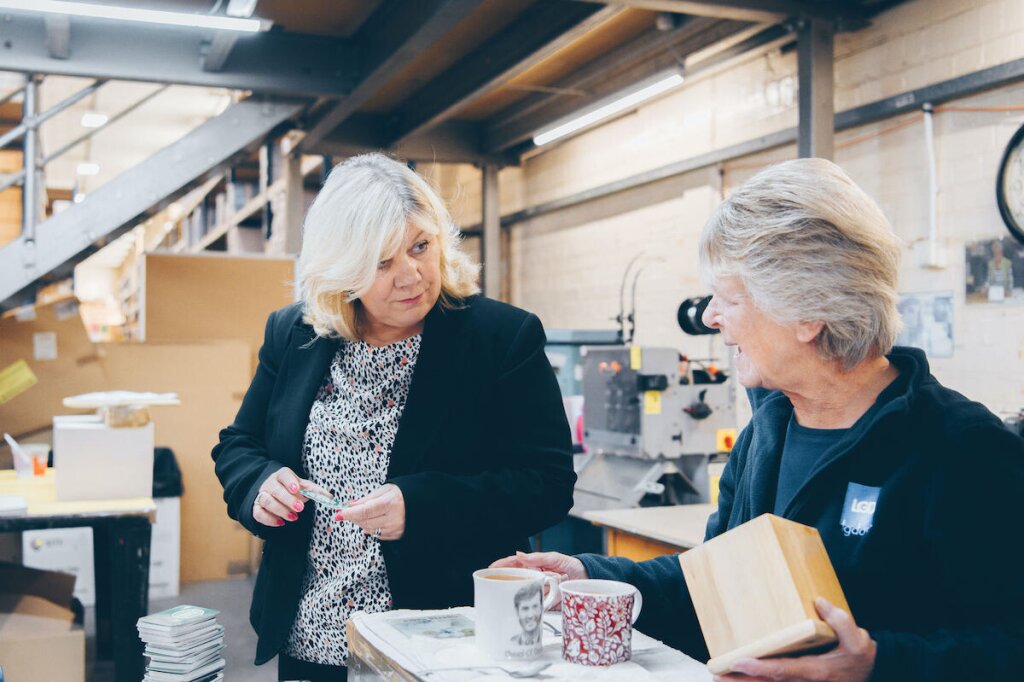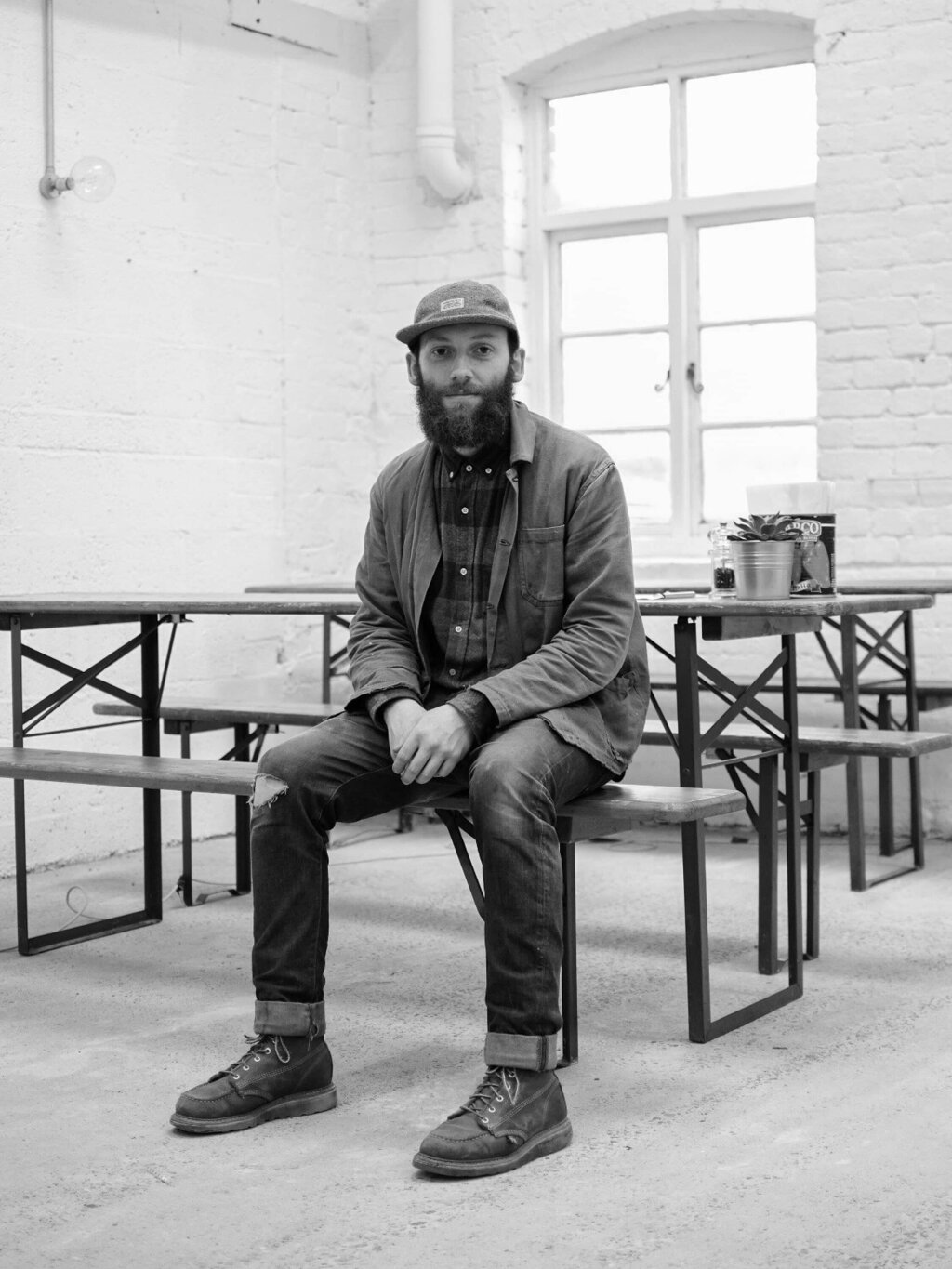Enable Manufacturing was established in 2019 with a vision to bring to life a new, potentially revolutionary, manufacturing process.
This process, a combination of traditional manufacturing and 3D printing, allows complex metal parts to be manufactured cost-effectively, close to home and with short lead times. These are all points increasingly high on the wish list of customers, who have been wrestling for years with how to achieve such gains.
But because additive casting is a radical departure from traditional manufacturing, customers need to be won over. Despite some early wins by Enable, the essential trust-building process ground to a halt due to Covid restrictions on face-to-face contact.
But time is of the essence: the business understands that it has a window in which to grab a share of the niche market in high-value castings. The question the management team initially took to the Be the Business board was whether they should grow the business slowly and organically, or seek investment to power ahead with their plans.
James Reeves leads Enable’s strategy as a non-executive director. His day job is global director of polymer sintering at industrial 3D printing company Voxeljet, but he had come across the Be the Business programme in his work as an adviser to the Silverstone Technology Cluster. “I thought it would be a good fit for Enable, and for a group of us at a senior level to engage with,” he said. “We’re a small board with big ambitions.”
Too good an opportunity to miss
Phil Kilburn, sales director, said: “We realised it would be good to get different perspectives and experiences. With three of us on the company board, getting the input of five other advisory board members seemed too good an opportunity to miss.”
The Be the Business board brought a wealth of diverse experience and expertise. It comprised Ken Stevenson, a 34-year veteran of Rolls-Royce, whose expertise ranges from transformative change and programme directorship, to business operations, procurement and engineering. Matt Carr runs a third-generation family business, after an earlier career in the technology world. Mark Clement is a director at accountancy firm Grant Thornton, where he specialises in acquisitions. Richard Ellis has experience from local government, the brewing industry (in sales and marketing) and the consultancy world. And Lilli McGeehan, strategic partnership manager at Be the Business, used to work in management consultancy and in business development and digital transformation at Marks and Spencer.
The board’s initial collective impression when they first met the Enable team was their sense of purpose, the power of their value proposition, their strategic insight, the transformative potential of the product innovation, and the strength of the management team and its breadth of knowledge.
What took their breath away was the scale of their ambition combined with their lack of track record or detailed thinking around how to turn their vision into reality.
Challenging thinking
“The advisory board challenged our thinking. We were very focused on the day-to-day of the business, and they forced us to think more strategically. We’d leave every meeting and have different discussions from the ones we would otherwise have had,” Phil said.
James agreed: “They were very good at playing devil’s advocate. The 3D printing sector has to innovate its business model as well as the product itself, so we had to think about how to go to market and how to scale the business. But after each quarterly board meeting we had time to develop our thinking and then throw around our new ideas at the next meeting.”
The team’s thinking developed dramatically between the first and second meetings. Richard recalled: “They had completely changed the strategy, from organic reasonable-paced growth, based on buying a factory and upskilling staff, to becoming a global business through acquisition, funded by millions of pounds of investment, with an exit planned in a few years’ time.”
Matt said: “There’s something about striving so hard for that 'North Star' that you can get lost in the wrong detail. We were able to help them focus, to see the wood for the trees.”
Crucially the advisory board pointed out that the team needed expert help on a mergers and acquisitions strategy, on integration, on training and development, and on how to inculcate their desired vision, purpose and culture in any new acquisitions.
Ken explained: “When you do acquisitions you easily get sucked into what was done historically. I use the analogy of a company wanting to make donuts. It acquires a bread-making company, but it takes a lot of effort to change that into a company that makes donuts.”
“There’s something about striving so hard for that ‘North Star’ that you can get lost in the wrong detail. We were able to help them focus, to see the wood for the trees.”
Matt Carr, director of Carrs Pasties – board member
Synthesising conversations
The team listened. James said: “I took notes in every advisory board meeting, about the questions they were asking us, and that always led to lots of discussion afterwards, on things like training and development, sales and marketing, finance, the future structure and functions of the business. We really got down to the nuts and bolts of the business in those post-advisory board meeting sessions. That second board meeting prompted a whole day’s meeting between us.”
Phil added: “We knew this was going to really help us in our conversations with investors, because they would be asking us exactly the same questions.”
Ken said the team used the advisory board very sensibly. “They had a very definite question for us at each board meeting. They wanted discussion and insight around that question, and, through speaking to us, to be able to explore their own thoughts. We saw their thinking evolve over the year as they synthesised conversations we’d had in the board.”
Conscious that their time with the advisory board was precious, the team wanted to extract as much value from the meetings as possible. “We used to have discussions about what we wanted to discuss,” said Phil. “Sometimes, because we were working so fast on everything, it felt time-consuming to have to do that, but it was an excellent discipline for us: it forced us to think really hard outside our own management box.”
The team approach
Unusually, the advisory board worked with the whole management team at Enable, rather than just one individual. Everyone agrees the approach is highly beneficial.
“It’s more efficient if they are all in the room at the same time, exposed to the same ideas and discussions. It means they can get things done faster,” said Lilli. And Ken explained: “While James was a powerful character in the sessions, Phil and Annette [Lacey, finance director] brought different perspectives, not least pragmatism and practicality, which helped ensure that ideas were properly explored.”
Enable has come a long way over the past 12 months, thanks to the help it’s had from the advisory board. “We have a better strategy now and better ideas about how to get there,” said Annette. Phil added: “We’ve got an established supply chain, with repeat customers: in January we had as many orders, in financial terms, as we’d had in the previous 12 months put together.”
James said: “The involvement from lots of experienced people in creating the business plan has given the business a lot more confidence when talking to investors about it. It is much more robust now.”
“We could grow organically, but our vision is to have an impact in the world. For example, our product can make planes lighter and therefore more environmentally friendly, and cars more efficient, and at a reasonable cost,” explained Phil. “If we’re going to do that, on a big scale, we need to be big too.”
Mark concludes: “I’d like to think we got them to where they are more quickly than they might otherwise have done. But they are a very capable and experienced management group. There is some genuine business knowledge there.”
Headline takeaways
Advisory boards challenge thinking
It's normal to get bogged down in the day-to-day; advisory boards force you to think strategically.
Prepare for meetings to focus the conversation
The Enable team went to each board meeting with a specific question in mind.
Advisory boards can work with the whole management team
Working with the entire management team - rather than one individual - often means things can get done faster.



